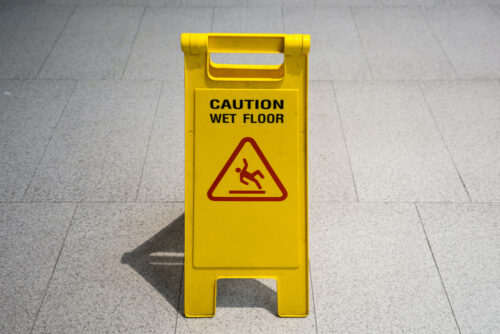
You may have peace of mind knowing that your loved one is residing in the safety of a nursing home care facility. Though, there may be extenuating conditions that may make their residence a place of danger. Read on to discover what you should do if your loved one is injured in a nursing home’s premises and how a seasoned California nursing home abuse lawyer at Cowdrey & Jenkins LLP can help you fight on their behalf.
What are possibly hazardous conditions in a nursing home?
First of all, a nursing home care facility owner holds a duty of care in ensuring that their premises are clear from potentially hazardous conditions. So when they fail to uphold this duty, your loved one may get hurt. Examples of possible hazards in a nursing home are as follows:
- There is no adequate security installed inside and outside the building, and your loved one wanders off the premises unsupervised as a result.
- The corridors and walkways are obstructed, and your loved one slips and falls with their stick or walker as a result.
- There are no warning signs placed near a spilled liquid on the floor, and your loved one slips and falls as a result.
- The bed rails and/or armrests are poorly fitted to the furniture, and your loved one slips and falls as a result.
- The communal bathrooms are not cleaned regularly, and your loved one contracts an infection as a result.
What should I do if my loved one is injured on a nursing home’s premises?
Of note, the hazardous conditions in your loved one’s nursing home may be due to negligent, and even bordering abusive, behavior of the care facility owner, manager, and staff. So, if they have incurred injuries and damages as a result, then you must bring forward an elder abuse claim on their behalf. This is, of course, after you take them to immediate medical attention and transfer them to a safe environment soon after.
This is not to mention that you must also report your loved one’s personal injury accident to higher authorities. This may include the care facility owner, your local law enforcement, and even the California Department of Public Health. Ultimately, you may utilize copies of these reports as evidence for your claim.
Importantly, your claim may only work if you file within the state of California’s statute of limitations, which is generally two years from the date of your loved one’s incident. You must understand that there are laws in place to protect your loved one’s rights in a situation like this. So please do your loved one a favor and retain the services of a competent California elder abuse lawyer from Cowdrey & Jenkins LLP today.